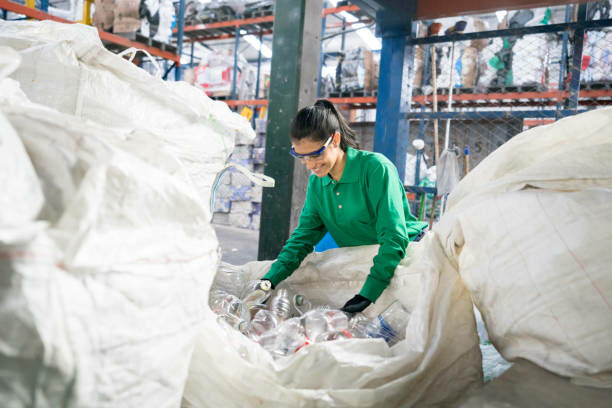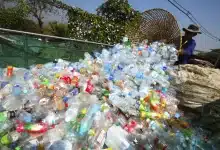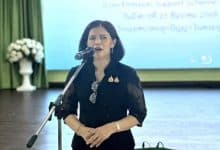PTTGC expands recycling operations focusing on opaque plastic containers

Thailand’s foremost petrochemical producer by capacity, PTT Global Chemical Plc (PTTGC), is broadening its recycling operations with a focus on opaque plastic containers, primarily bottles. This endeavour is part of the company’s newly introduced campaign aimed at fostering eco-friendly habits among the youth.
The campaign constitutes the company’s second environmental initiative following its venture into recycling waste polyethene terephthalate (PET) bottles. PTTGC aims to expand its recycling scope to include high-density polyethene (HDPE) and resin, as stated by Kongkrapan Intarajang, the Chief Executive and President of PTTGC, reported Bangkok Post.
HDPE is used in the manufacture of opaque plastic materials such as milk and detergent containers. Many individuals remain unaware that discarded containers of this sort can be recycled like PET bottles. As a result, a significant number of these containers end up in landfill sites.
Currently, waste HDPE containers command a price of 40 baht per kilogramme. Intarajang highlighted that PTTGC plans to enhance the recycling capacity of both PET bottles and waste HDPE containers to 20,000 tonnes per annum this year, a significant increase from the current 10,000 tonnes.
PTTGC’s recycling facility, situated in Map Ta Phut in the eastern province of Rayong, began operations in 2022. Designed for a maximum capacity of 60,000 tonnes per annum, this facility is managed by Envicco Co, a PTTGC subsidiary.
The company’s Generation S campaign aims to increase the volume of waste plastic containers available for recycling. The initiative targets the youth, particularly those born in the Internet age approximately two decades ago, and aims to educate them about the benefits of recycling used plastic containers.
Consumer product manufacturers are also identified as potential targets. Intarajang emphasised that this environmental campaign must be implemented alongside improved waste management strategies.
Thailand produces 1.9 million tonnes of plastic waste annually, of which only a quarter is recycled. The remaining waste is sent to landfill sites and incinerators, with a portion ending up in the ocean.
Despite authorities’ campaigns urging department stores to cease the provision of free single-use plastic bags to customers, these bags are still commonly used by small vendors.
PTTGC anticipates a 7% growth in its petrochemical business sales this year, a decrease from its initial target of 15%. The downward revision is attributed to the temporary closure of some production facilities for maintenance purposes.
Check out our easy tips for sustainable life in Thailand.
Latest Thailand News
Follow The Thaiger on Google News:


























